s. l. • (Londres, [London] • Paris, • Toulon.) 1791-1832 | 12 000 feuillets de divers formats | en feuilles | Unpublished political, scientific and historical archives The complete manuscript unpublished papers of Louis, Chevalier de Sade (1753-1832), author of the Lexicon politique and cousin of the famous Marquis. The important geopolitical, historical, and scientific archives of a learned aristocrat, a privileged witness of the end of the Ancien Régime, the French Revolution, the Consulate, Empire, and Restoration. A unique fund of research on the implementation of a constitutional monarchy. * Exceptional collection of the Chevalier Louis de Sade's personal archives, the cousin of the Marquis de Sade, representing 12,000 handwritten pages, including several thousand unpublished and written by his hand. The Chevalier shows a thought system that he describes as «holistic,» including historical, political and scientific reflections. Louis, Chevalier de SADE If we take the French Revolution as the birth of an experiment, both secular and political, the Chevalier de Sade was without doubt one of its early critics. Not only of the Revolution, which had many other detractors, but of its political ideology, which would go on profoundly to impact the two hundred years that followed. What he calls «positive politics» is «based on reasoning and experience». «The theory did have some attractions for me; I studied it with care, I savored its principles. Now, I see their value only in terms of the impact of their implementation, what we've seen them produce in the peoples of which history has given me knowledge. This is my method; I know that it is, all in all, the opposite of the methods utilized by the men who have governed us and written our constitutions to this very day without deviation. This continuous divergence between what has been done and what should never have been done increased my confidence in the path to be followed and at the same time fortified my determination to keep to the views I had adopted, of judging laws by the historic consequences they entail rather than by the lyrical, supposedly conclusive, metaphysical arguments with which these innovators continually, and still to this day, assault us.» The Chevalier de Sade, who saw the world in terms of his own time and place, could be nothing other than a Royalist. There were practically no examples of democracy in the history known to the Chevalier, apart from the Classical democracies of Greece and Rome which had been experiments only in very elitist forms of democracy. These were very well known to this political scientist, whose papers contain 7,000 pages dedicated to the history of the Classical world. The republic ushered in by the Revolution, was more than just a political system – it was the realization of a philosophical political ideal. And while most of those opposed to the new regime saw in it above all a threat to their personal situations, their religious beliefs or even more simply their habits, the writings of the Chevalier de Sade show no such dogmatic influence; or at least, he never uses dogma to justify his arguments. Louis de Sade, a gentleman without a fortune and without significant ties, was conservative through philosophical and historical conviction and not out of interest. It is with this perfect intellectual honesty that he studies the essays, memoirs and political or theoretical works of his contemporaries. Running counter to Enlightenment thought, the Chevalier's view of society owed very little to philosophy. Though he puts together a serious theoretical history of the development of Man from the condition of «savages» to the forging of various societies, he does not posit Man's ideal nature, as some of his contemporaries did. Rather, the Chevalier examines the gap between nature and the civilized being without passing moral or philosophical judgment, as was the fashion at the time. «The political error that damned Europe in the 18
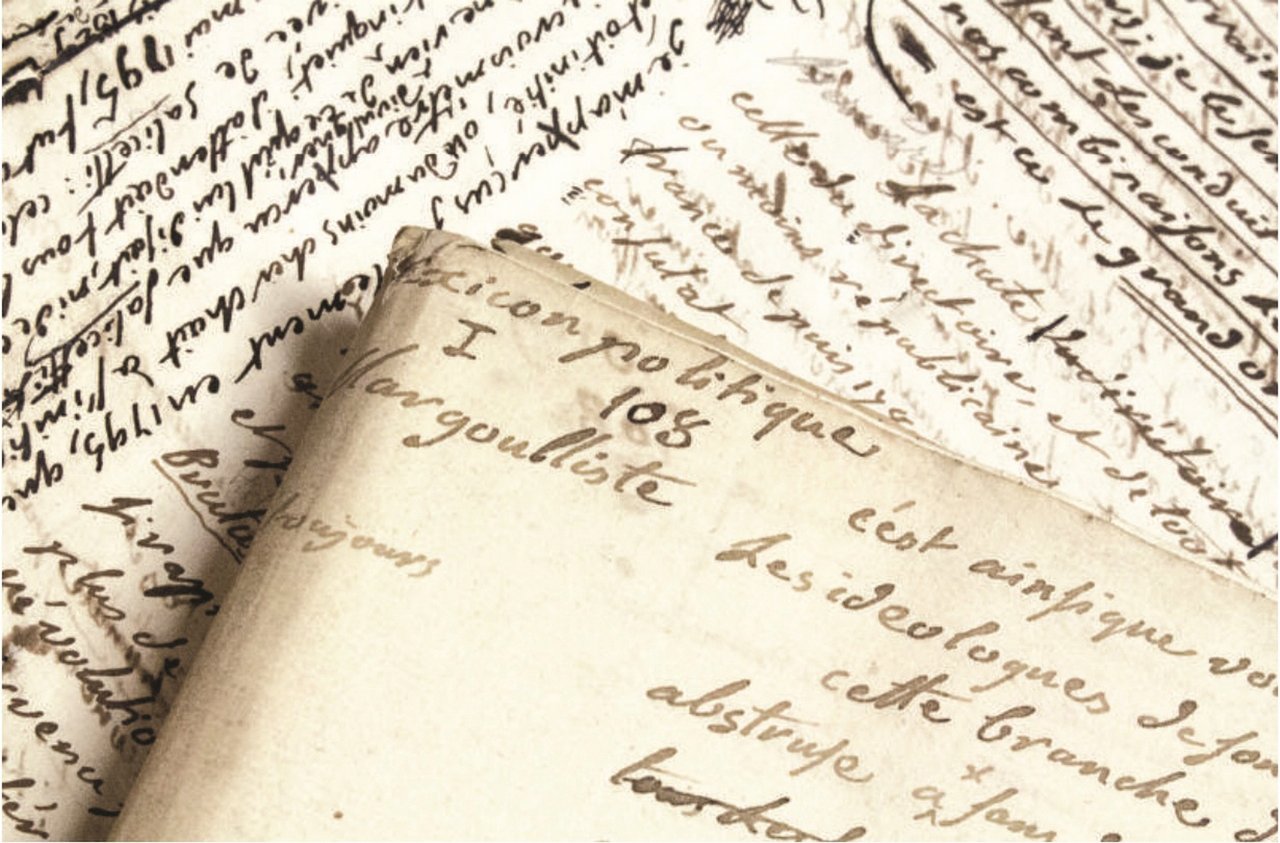
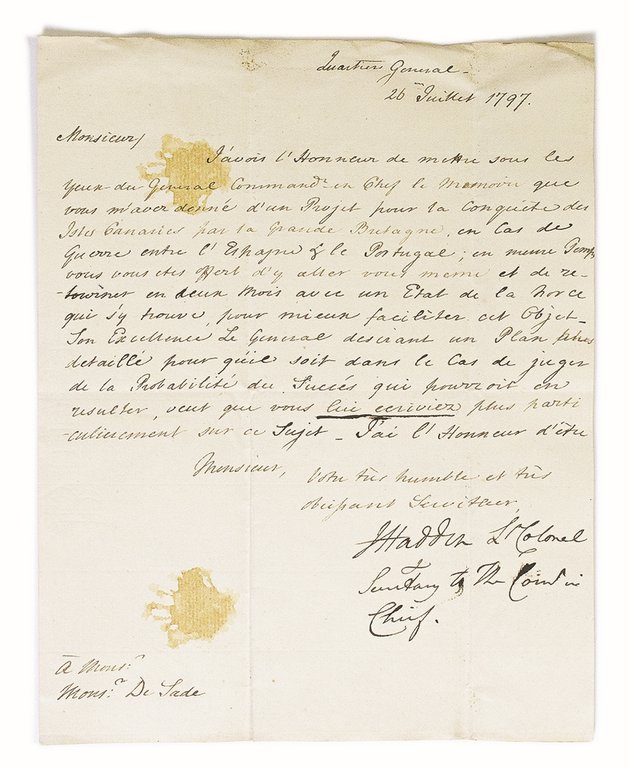
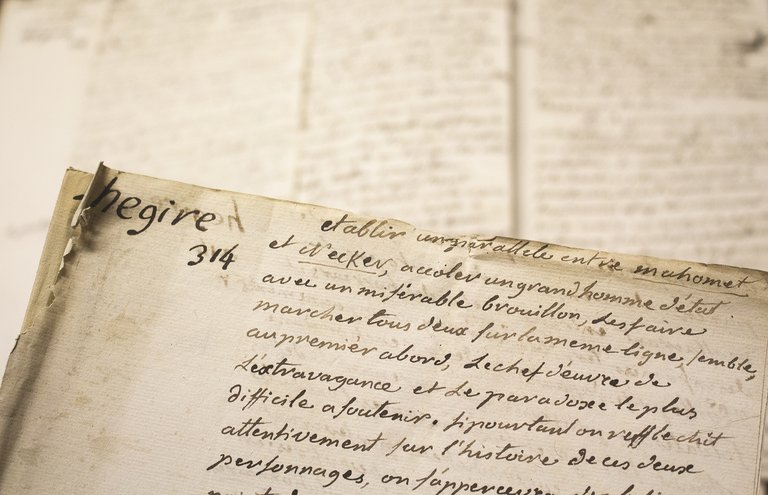
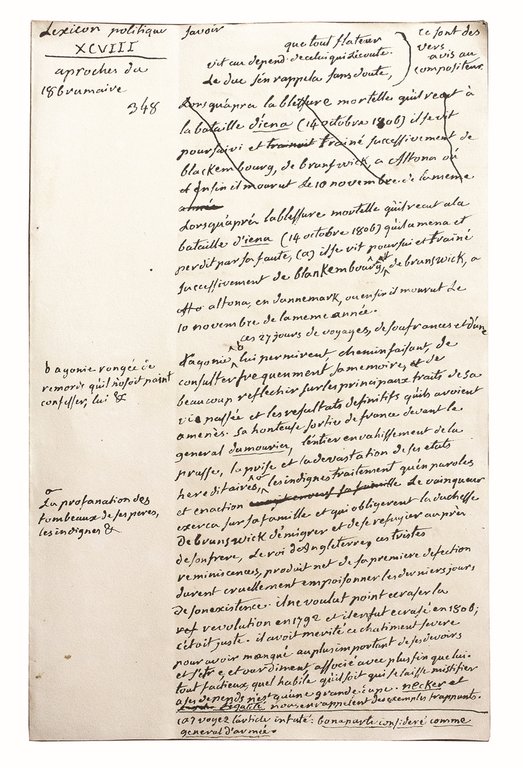
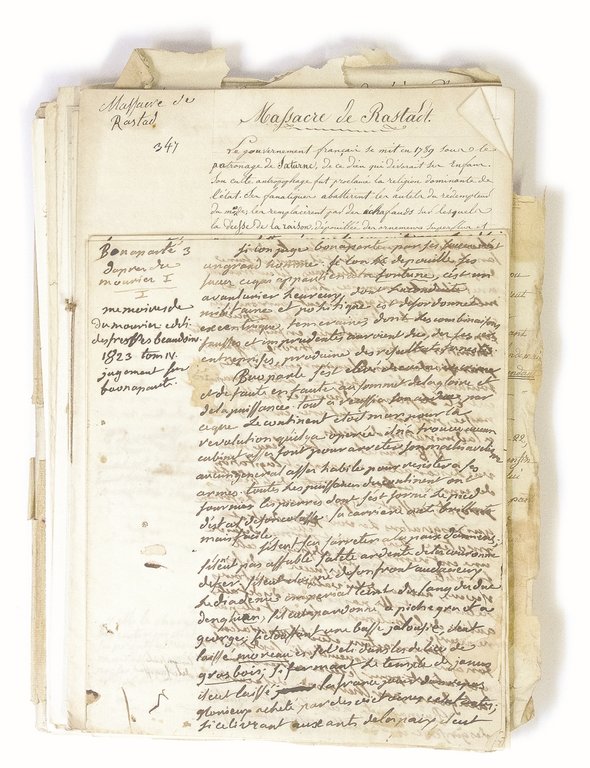
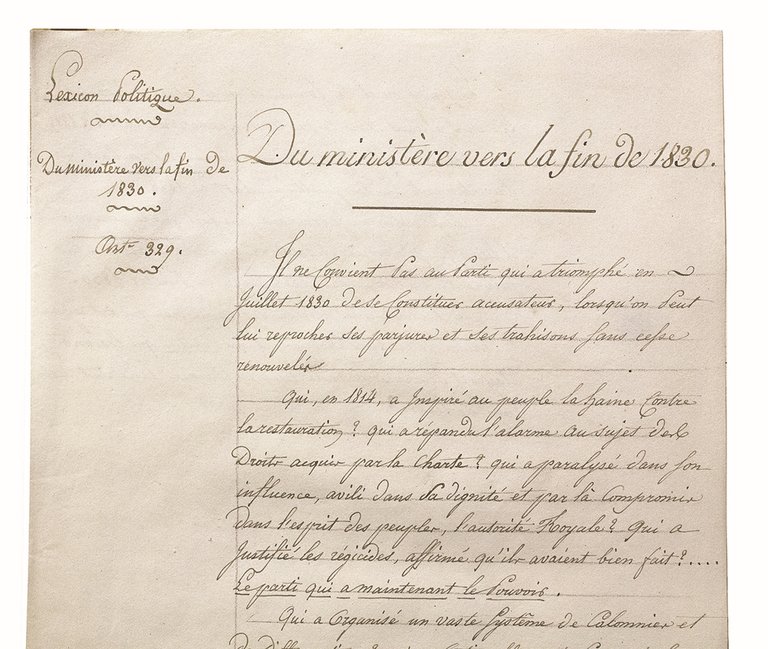
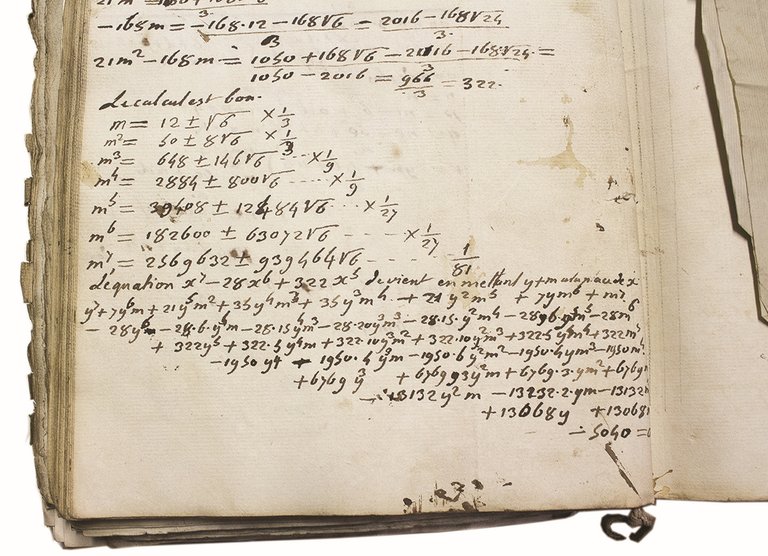
Descubre cómo utilizar
Descubre cómo utilizar

